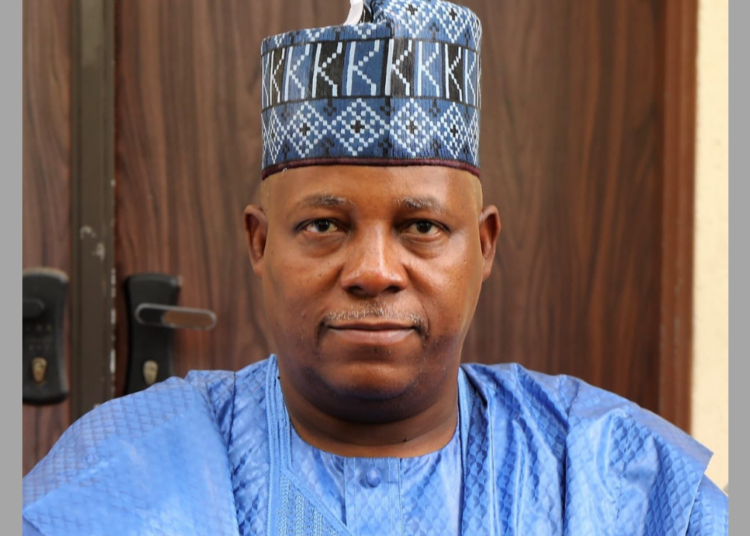Vice President Kashim Shettima has reaffirmed Nigeria’s commitment to addressing its growing nutrition challenges through a community-driven strategy to transform nutrition outcomes across the country’s 774 local government areas (LGAs).
This is just as the World Bank lauded the N-774 initiative’s strategic framework as a potential model for tackling malnutrition in the country.
At a meeting with a high-level delegation from the World Bank Group at the Presidential Villa, Abuja yesterday, Shettima, in a statement issued by his spokesman, Stanley Nkwocha, presented the comprehensive N-774 Initiative, which builds on successful outcomes from the Accelerating Nutrition Results in Nigeria (ANRiN) project.
While acknowledging the World Bank’s support for numerous nutrition programmes in Nigeria, the vice president noted that the N-774 initiative comes at a crucial time, considering the ANRiN project closeout.
He said, “The administration of President Bola Ahmed Tinubu is pioneering a paradigm shift in nutrition programmes through locally owned solutions. The N-774 Initiative represents our commitment to community-driven development and sustainable nutrition outcomes.”
The vice president explained that the N-774 project was a localised, community-driven solution tailored to the unique needs of each LGA.
It aims to direct nutrition interventions to communities while encouraging local ownership and ensuring sustainability.
“Malnutrition is a Nigerian problem that needs a Nigerian solution, and President Bola Ahmed Tinubu is very much willing to support such an initiative,” he said, adding that the project integrates nutrition goals across education, agriculture, health and social protection sectors.
On the project implementation strategy, Shettima said it was essential to leverage current political will to reverse the country’s negative nutrition indicators.
“The Renewed Hope Administration is committed to swift, impactful results through this innovative approach to nutrition intervention.
“With sustained collaboration between the federal and subnational governments and international partners, we are confident this initiative will yield significant improvements in our community health outcomes,” the vice president stated.
The World Bank delegation, including the Country Director, Regional Director for West and Central Africa, and Practice Manager for global health practice, is firmly committed to the initiative’s bottom-up approach to addressing nutrition challenges.
Specifically, the Country Director of the World Bank, Ndiame Diop, thanked the Vice President for his leadership in coordinating multi-stakeholder collaboration in setting agenda on nutrition issues in public discourses.
He added that it is essential to see Nigeria’s government’s ongoing financing for nutrition, just as he announced that the bank has earmarked $50 million under the ANRiN 2.0 programme, a crisis response window.
Also, the Practice Manager for Health, Nutrition and Population at the World Bank, Trina Haque, said there is a need for nutrition education for children and adolescents as it is necessary for early child development.





